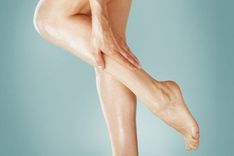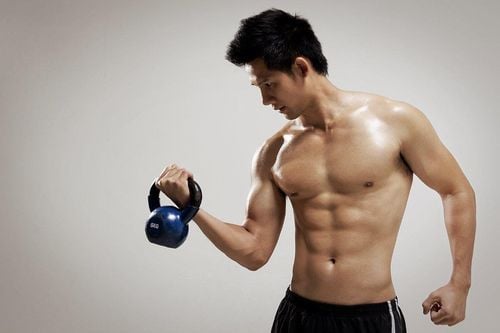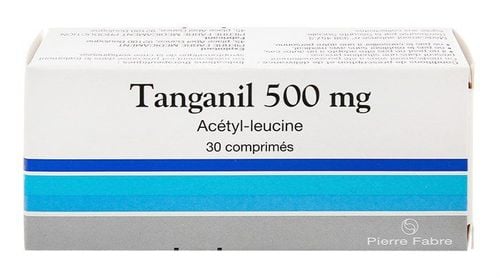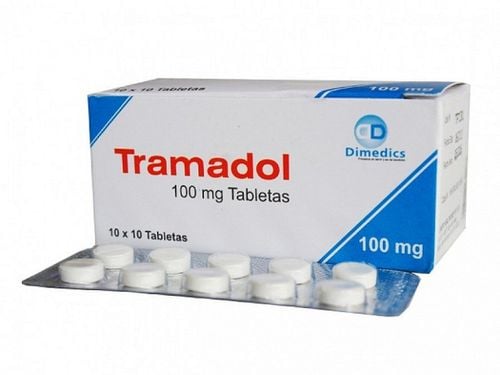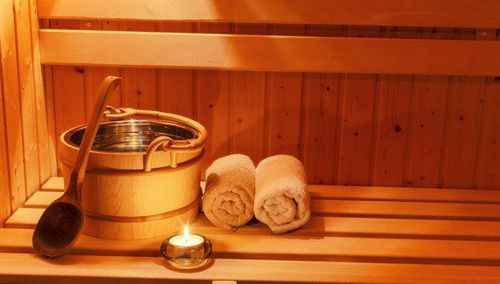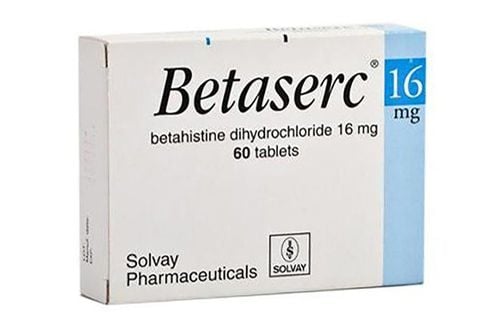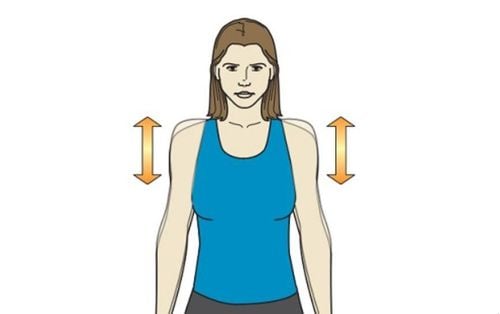Massage therapy has been proven to reduce stress and enhance relaxation by stimulating the parasympathetic nervous system, which lowers blood pressure, heart rate, and stress-inducing factors.
Massage therapists use various techniques to target muscles and soft tissues. After a massage, individuals often feel their muscles relax, particularly after deep tissue massage.
While some people attribute post-massage headaches to toxins released from muscle tissue into the bloodstream, this theory lacks scientific evidence. Instead, other more plausible causes and management strategies can help prevent this condition.
1. General Causes of Headaches
Understanding the broader context of headaches helps clarifying why they might occur after a massage. Headaches are common, with varying intensity, ranging from mild discomfort to severe pain. They may manifest as a sharp pain, chronic or dull aches.
Among the types of headaches, stress-related type —often accompanied by neck pain—are the most prevalent. Headaches after massage could be related to tension headaches.
Common causes of headaches include:
- Changes in blood pressure: Constriction or dilation of blood vessels in the brain can alter blood pressure, triggering headaches. Factors like dehydration, hormonal shifts, stress, muscle tension, certain foods, extreme temperatures, excessive physical exertion, oversleeping, or sexual activity can contribute.
- Hormonal changes: Hormonal fluctuations, such as those related to menstrual cycle, pregnancy, menopause, or hormonal medications like contraceptives, are a frequent cause of headaches.
- Lifestyle disruptions and stress: Stress-induced headaches can result from emotional or mental strain, irregular eating habits, altered daily routines, overexertion, or sleep disturbances.
- Dehydration: Insufficient hydration or fluid loss can also lead to headaches.
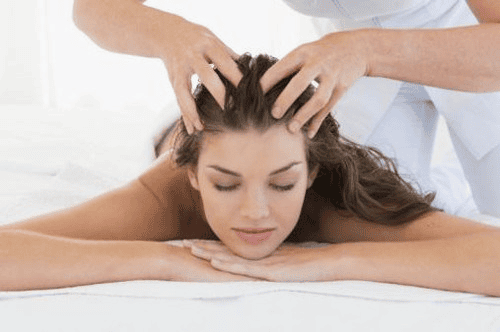
2. Causes of Headaches After Massage
Post-massage headaches may result from the following:
- Irritants or sensitivity: Some substances in the massage environment, such as fragrances, essential oils, or cleaning products used on linens, may trigger allergic reactions or sensitivities.
- Dehydration: Low fluid levels before a massage, combined with further fluid loss during the session, can cause headaches. Deep tissue massage, in particular, increases this risk.
- Overly intense massage: Applying excessive pressure, especially in deep tissue techniques, may lead to muscle soreness, bruising, increased circulation, and subsequent headaches.
- Blood pressure changes: Transitioning from a prolonged lying or sitting position to standing can lead to changes in blood pressure, particularly in individuals with low blood pressure or postural hypotension, causing headaches.
3. How to Manage Post-Massage Headaches
To prevent and address headaches after a massage, consider the following tips:
- Communicate with the therapist if the pressure feels too intense.
- Avoid deep tissue massage if prone to post-massage discomfort.
- Specify your preferred pressure level to the therapist.
- Opt for localized massages (e.g., head, hands, or feet) instead of full-body sessions.
- Ensure adequate hydration before and after the massage.
- Drink more water than usual in the two days preceding the session.
- Refrain from consuming alcohol before a massage.
- Eat a light meal after the session.
- Perform gentle stretching exercises under the guidance of a healthcare professional after the massage.
- Take a warm or cool shower post-massage to soothe muscles.

4. Alternative Headache Treatments
If you experience headaches following full-body or deep-tissue massage, consider these alternative therapies:
- Acupressure: Therapists apply pressure to specific points to promote healing.
- Acupuncture: Small needles stimulate specific body points, offering therapeutic and relaxation benefits.
- Aromatherapy massage: Gentle massage with essential oils promotes relaxation.
- Cold therapy: Applying ice packs or using cryotherapy reduces pain and inflammation.
- Facial massage: Skin exfoliation, hydration, and facial massage techniques can relieve tension.
- Foot massage: Focusing on the feet and lower legs can relax the body without triggering headaches.
- Neck and head massage: Tension in the neck is a common headache trigger, making this targeted approach effective.
- Hot stone massage: Heated stones provide gentle to moderate pressure, inducing relaxation.
- Hot baths: Warm water soothes aching muscles and reduces pain.
- Meditation: Promotes tranquility and mental well-being.
- Physical therapy: Stretching and rehabilitation exercises alleviate muscle pain.
- Reflexology: Targeting reflex points in the hands, feet, or ears can induce relaxation.
- Reiki: This Japanese technique involves transferring energy through hand placement without direct body contact, promoting healing and relaxation.
- Sauna therapy: Regular use of a sauna can alleviate muscle soreness.
- Yoga: Combines stretching and strengthening exercises to relax the mind and body.
Post-massage headaches are relatively rare but can occur due to various factors. Preventive measures, such as staying hydrated and choosing the appropriate massage technique, are essential. If traditional massage triggers headaches, alternative therapies may provide effective relief.
To arrange an appointment, please call HOTLINE or make your reservation directly HERE. You may also download the MyVinmec app to schedule appointments faster and manage your reservations more conveniently.
Reference source: healthline.com


